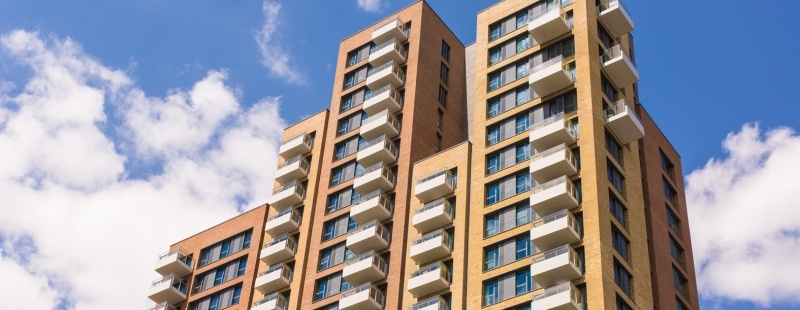Primarily introduced in the wake of safety concerns and as a response to the 2017 Grenfell tower tragedy, the Building Safety Act 2022 aims to improve the design, construction and management of higher-risk buildings, and subsequently to give residents of such buildings more rights, protections and greater overall safety.
'Higher-risk buildings' under the Act encompass the following types of buildings:
- 18m in height, or
- At least seven stories, or
- Contains at least two residential units, or
- Is a care home or a hospital
To understand the effects of the BSA 2022 on owners, developers or landlords of buildings under the Act's scope, please consult our article of the 28th March: 'Grenfell and The Building Safety Act 2022 – how will this affect landlords?' This article, however, focuses on informing residents or tenants of high-risk buildings of their increased rights and protections.
Who has increased rights and protections under the Act?
'Interested persons' do - defined widely to include Building Safety Regulators, Relevant Local Authorities, Relevant Fire and Rescue Authorities and any person with a legal or equitable interest in the building or any part of it (meaning tenants and residents).
What protections are available?
The Act introduces a number of leaseholder protections:
- Capped Leaseholder Contribution – Generally, a landlord cannot recover the costs of rectifying defects in a relevant building from leaseholders, however there are exceptions. Where the exceptions apply and the landlord can recover costs through a service charge, the amount recoverable is now subject to maximum caps so as not to shift the burden unfairly onto the leaseholder. Further, building owners and landlords may only seek to recover costs through the service charge once they have pursued, and exhausted, all other avenues of potential funding.
- Remediation Orders – an 'interested person' can apply to the First Tier Tribunal for a Remediation Order. If granted, an order requires a landlord to remedy specific defects to a building. Remediation Orders therefore have the potential to be effective mechanisms for accountability and high standards for higher-risk buildings, which is why it is imperative that residents are aware of this right under the Act.
- Remediation Contribution Orders – these require companies or individuals to contribute to the costs of remedying relevant defects and can be made against a wide range of people from corporate bodies to developers of the buildings. They offer more protection to residents as, if the landlord in question cannot fully meet the costs of the repairs, there is no excuse not to remedy the defects when they can obtain contributions.
- Extended Limitation Period and Widened Scope under the Defective Premises Act 1972 (DPA) – Section 1 of the DPA requires those working on, or in connection with, the provision of a dwelling to work in a professional or work like manner, to use property materials and to see that the dwelling is fit for habitation when completed. The BSA extends the limitation period for claims brought by homeowners under this section, and also inserts a new section 2A into the DPA which widens the scope of the duty in section one to include work done on an already-existing dwelling.
- Building Liability Orders – gives the High Court the power, where it considers just and equitable to do so, to order that a relevant liability is also a liability of another corporate entity associated with the original body. Where such an order is made, the claimant can bring a claim again all parties subject to the order.
- Meeting Liability Costs of an Insolvent Landlord – the court may also make an order requiring a company or partnership associated with the company to make a contribution towards costs for remediation where the company in question is insolvent.
If you are a resident of a higher-rise building and would like to seek advice on the Building Safety Act, our expert conveyancing team are available to assist you. For more information, contact our dedicated Client Relations Team on 01603 693510 or email enquiries@clapham-collinge.co.uk.
